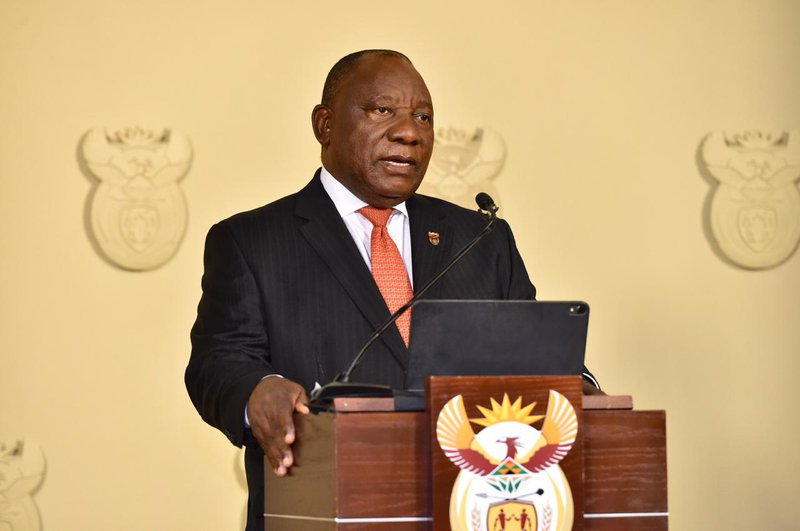Ramaphosa announces 21-day nationwide lockdown
Updated | By Newswatch
President Cyril Ramaphosa has announced a 21-day lockdown
in response to the coronavirus pandemic.

With South Africa’s COVID-19 cases on the rise and the current figure sitting at 402, Ramaphosa said it was necessary to ‘take extraordinary and swift action’ in order to, ‘avoid a human catastrophe’.
The lockdown begins at midnight on 26 March and ends on 16 April.
“This is a decisive measure to save millions of South Africans from infection and save the lives of hundreds of thousands of people,” Ramaphosa said.
He continued, “This is extremely dangerous for a population like ours, with a large number of people with suppressed immunity because of HIV and TB, and high levels of poverty and malnutrition.”
Ramaphosa also confirmed that the military would be deployed to help police enforce the lockdown.
The nation-wide lockdown will be enacted in terms of the Disaster Management Act and will entail the following:
- From midnight on Thursday 26 March until midnight on Thursday 16 April, all South Africans will have to stay at home.
- The categories of people who will be exempted from this lockdown are the following: health workers in the public and private sectors, emergency personnel, those in security services – such as the police, traffic officers, military medical personnel, soldiers – and other persons necessary for our response to the pandemic.
It will also include those involved in the production, distribution and supply of food and basic goods, essential banking services, the maintenance of power, water and telecommunications services, laboratory services, and the provision of medical and hygiene products. A full list of essential personnel will be published.
- Individuals will not be allowed to leave their homes except under strictly controlled circumstances, such as to seek medical care, buy food, medicine and other supplies or collect a social grant.
- Temporary shelters that meet the necessary hygiene standards will be identified for homeless people. Sites are also being identified for quarantine and self-isolation for people who cannot self-isolate at home.
- All shops and businesses will be closed, except for pharmacies, laboratories, banks, essential financial and payment services, including the JSE, supermarkets, petrol stations and health care providers.
Companies that are essential to the production and transportation of food, basic goods and medical supplies will remain open.
We will publish a full list of the categories of businesses that should remain open.
Companies whose operations require continuous processes such as furnaces, underground mine operations will be required to make arrangements for care and maintenance to avoid damage to their continuous operations.
Firms that are able to continue their operations remotely should do so.
- Provision will be made for essential transport services to continue, including transport for essential staff and for patients who need to be managed elsewhere.
The nation-wide lockdown is necessary to fundamentally disrupt the chain of transmission across society.

Show's Stories
-
KZN anglers celebrate best weekend of the season
KZN's waters have been teeming with fish inshore, offshore, and freshwat...
East Coast Breakfast 21 minutes ago -
VIDEO: Delivery driver surprised with bike escort to his graduation
A heartwarming moment as a delivery driver gets the surprise of a lifetime
East Coast Breakfast 22 minutes ago